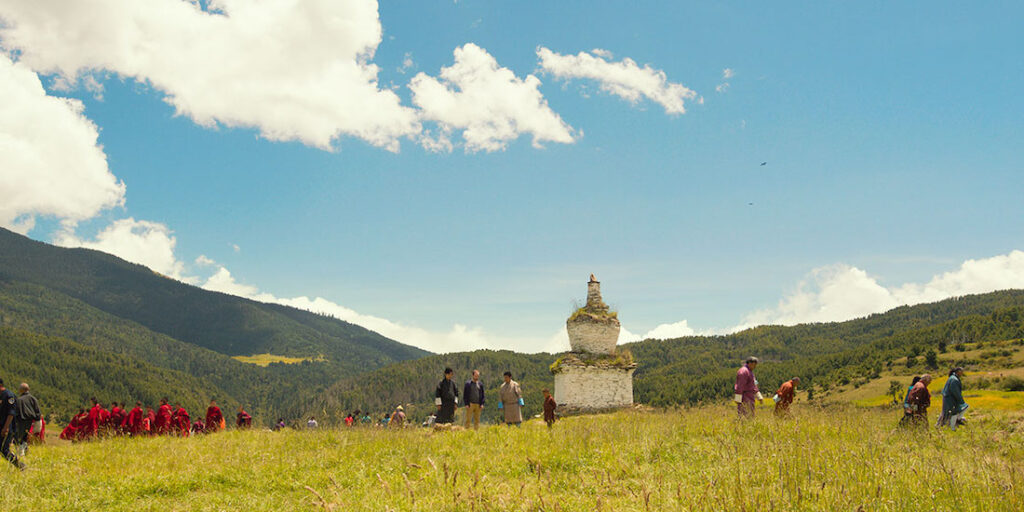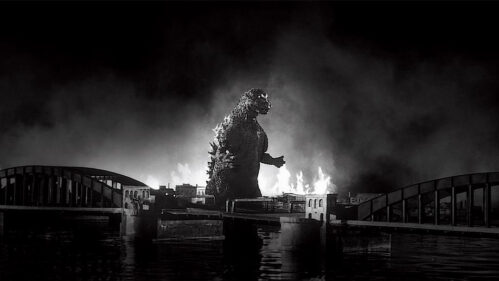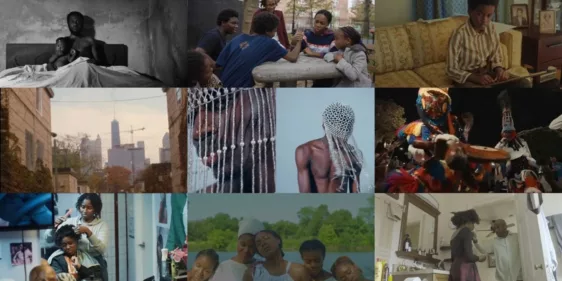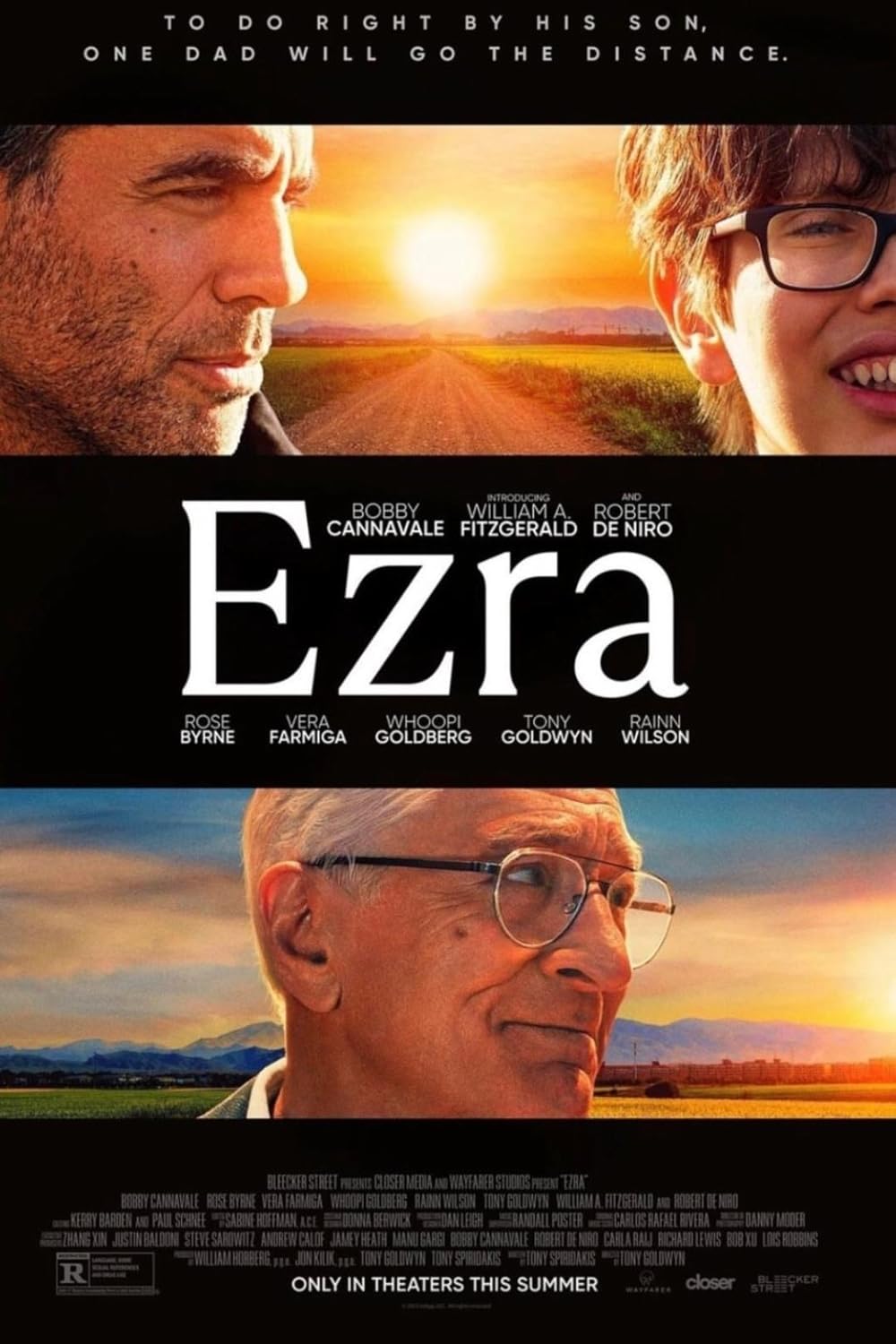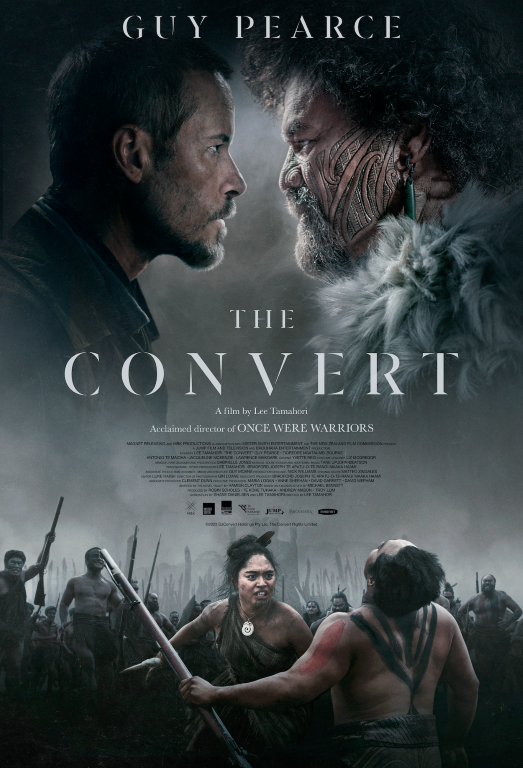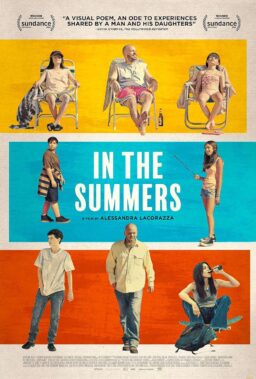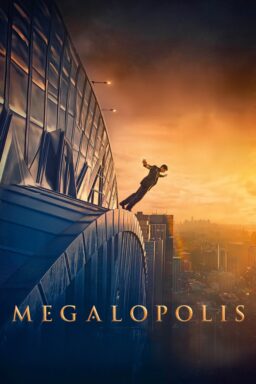Pawo Choyning Dorji's "The Monk and the Gun" is one of those films that gets rosier in the mind over time, when the giddiness of its images can sink in, and its treacly dialogue and storytelling fades. Watching the film is a more frustrating experience, given its wooden, however well-meaning script. But wow, those gently rapturous shots of this work from cinematographer Jigme Tenzing—they show a preternatural sense of where to place a camera to capture a land that is vast, serene, and punctuated only by a statue here or a secluded home there.
The story's setting is lovely, thematically and visually. It's 2006 in Bhutan, and the nation has just started to receive Internet and television. Its gorgeous hills and serene mountainsides remain unchallenged, but it makes the slowly growing number of TVs and satellite dishes pop when we see the outsides of homes. It's exciting how the movie focuses on an entire time of a country, but "The Monk and the Gun" goes epic without having the finesse for its individual arcs.
This is all a backdrop for one young monk, Tashi (Tandin Wangchuk) to find a gun for his aging lama. Tashi's presence is packaged almost like vignettes, connecting one interaction to the next. With no sense of confrontation, he is nonetheless a standout from the process, as one of this movie's most gorgeous images presents: a rolling mountain on the left, another massive form of land on the right, and a hill in the center. Tashi approaches in the middle, the center of all of them. Then he picks up the gas tank he's been lugging and walks away.
And yet—and you can see how this is frustrating—the movie is also about the upcoming elections, and the new process of democracy that must be taught to villagers who have been set in their way for centuries. They need to be registered, many of them need to learn their birthdays, and they even need to learn how to disagree about politics. "The Monk and the Gun" creates a roster of good characters, including a family who is bullied for the father's beliefs, but they distract from one another.
With all of these of gentle conflicts, "The Monk and the Gun" only achieves its desired wisdom by the third act, and that's after a whole bit with a greedy American gun trader and his Bhutanese translator. Across too many storylines, the movie wrestles with modernity and Western ideas.

Of all of the films that I've screened remotely for the Toronto International Film Festival, Carolina Markowitz's "Toll" has to be the most bleak. Which is never a problem, unless it has the shortcomings of something like "Toll": a self-serious drama that mistakes tragedy for a sludgy parable. In which the rules of this story seem to be: don't be so homophobic against your child that you enter a life of crime trying to pay for his conversion camp, or something like that.
"Toll" is made of two stoic performances which are reduced to glum ideas in the process: the mother, Suellen (Maeve Jenkings), works at a toll booth and is trying to keep things together in her working-class home with a shady boyfriend and her queer son Tiquinho (Kauan Alvarenga), who likes to film himself lip syncing Billie Holiday with the bravado of a sold-out bar, among his aesthetic choices. They are both two endearing spirits, thanks to the performances bringing them to the screen. It hurts to see the two become even more distant than teen angst guarantees and for Tiquinho to not be accepted for who he is. Markowicz's thinning script then puts them on a journey that gradually disintegrates their senses of self.
Enter the conversion camp, run by a Jesus-looking freak named Pastor Isaac (Isac Graça), who has no idea of how ridiculous his presentations are (but the movie is, thankfully). He puts on Powerpoint presentations that freeze on anuses and makes the attendees of his multi-day grift shape genitals out of clay. It's unfortunate that these scenes are its most memorable. "Toll" struggles to come to life in any of its dour moods, even when its handheld, wide-angle cinematography gives us a striking way to behold the mother and son and their fleeting internal power.
Meanwhile, Suellen pays for this camp by following the shady work of her boyfriend, using her visual access to who is traveling through the tolls to signal him and a buddy down the road. Rolexes are stolen in the process, until things get very bad. "Toll" is the kind of movie made for those who think like the mother, but it doesn't seem like those viewers will really get anything from it. It's a movie that preaches to the choir, as right as the choir is, but "Toll" is far too numbing to make its grandiose point.

Elisabeth Scharang's tender character study "Woodland" depicts a woman throwing herself into limbo to save her soul. Marian (Brigitte Hobmeier) has just witnessed a horrific public shooting (tactfully depicted), and her survivor's guilt and shock have not left her. So she leaves her urban confines and husband for the desolate woods, a place where the tall trees can amplify each scream she needs to let out. Her husband (Bogdan Dumitrache) doesn't understand, but she tells him mid-movie with certainty: "Thinking about the future is overwhelming me. Thinking about the past is making me sad. The only place I want to be is here."
Hobmeier's fascinating performance is in nearly every scene of this study, which simply presents her muted nature. She has quite a shell, and we come to see and understand it, but sometimes wish the movie gave us more about it. It's the strange sense that Hobmeier has more to share with us, and yet "Woodland" believes there is more depth in being muted. A scene in which Marian gets piss-drunk with old family photos and some tears seems to break her character, hinting at a less solemn way to tell this woman's life story.
The film's effect of grief is initially quite gripping, especially as it parallels Marian's need for isolation with a need for healing, to remove herself from a civilization that has shown itself to be uncivilized. But "Woodland" is also something of a homecoming movie, as the woods Marian has ventured to are actually the rural environs where she grew up. The people here haven't seen her for many years, many hold some grudges against her, or her family. Retracing these wounding old relationships, like with a friend named Greta (Greti Drassl) and a past love, never becomes as compelling as the atmosphere initially established by the extremely gradual pacing and enveloping coldness. This turns the third act into a dramatically over-labored course of events, in which Scharang (working from Doris Knecht's novel) offers intimate revelations for gotcha moments that hold little weight compared to where "Woodland" began.

